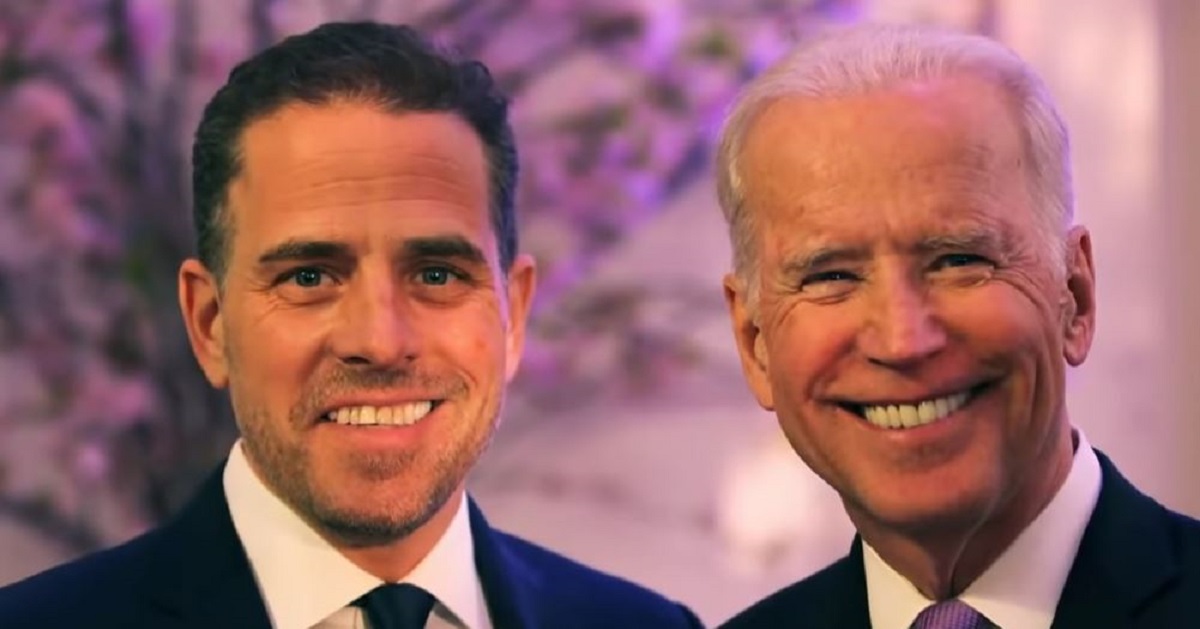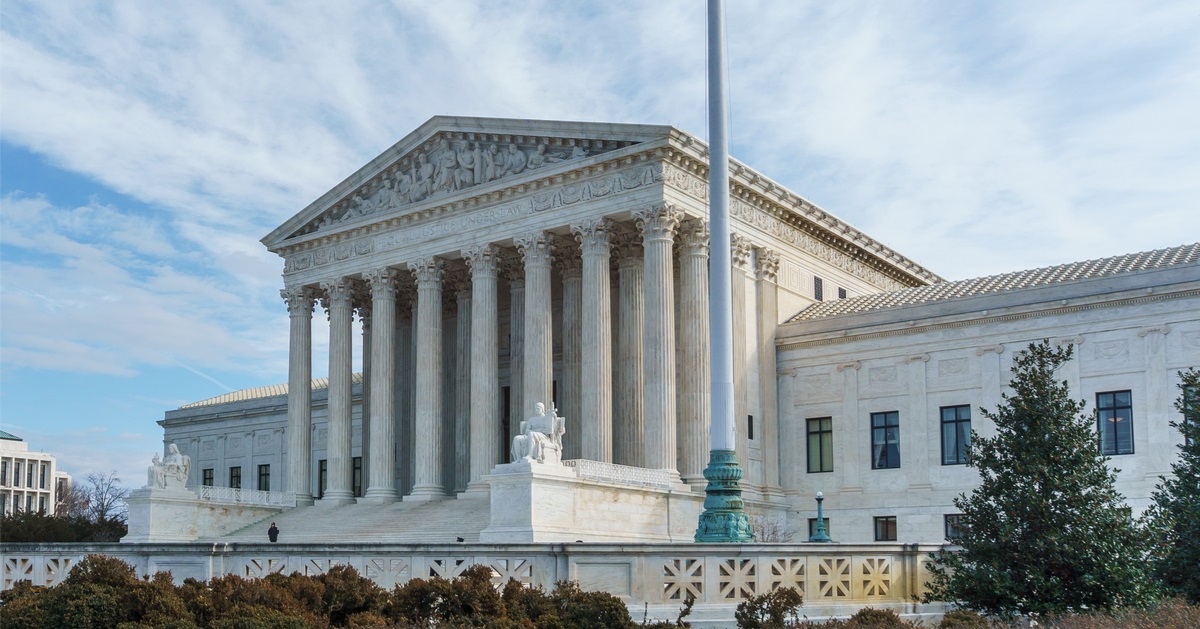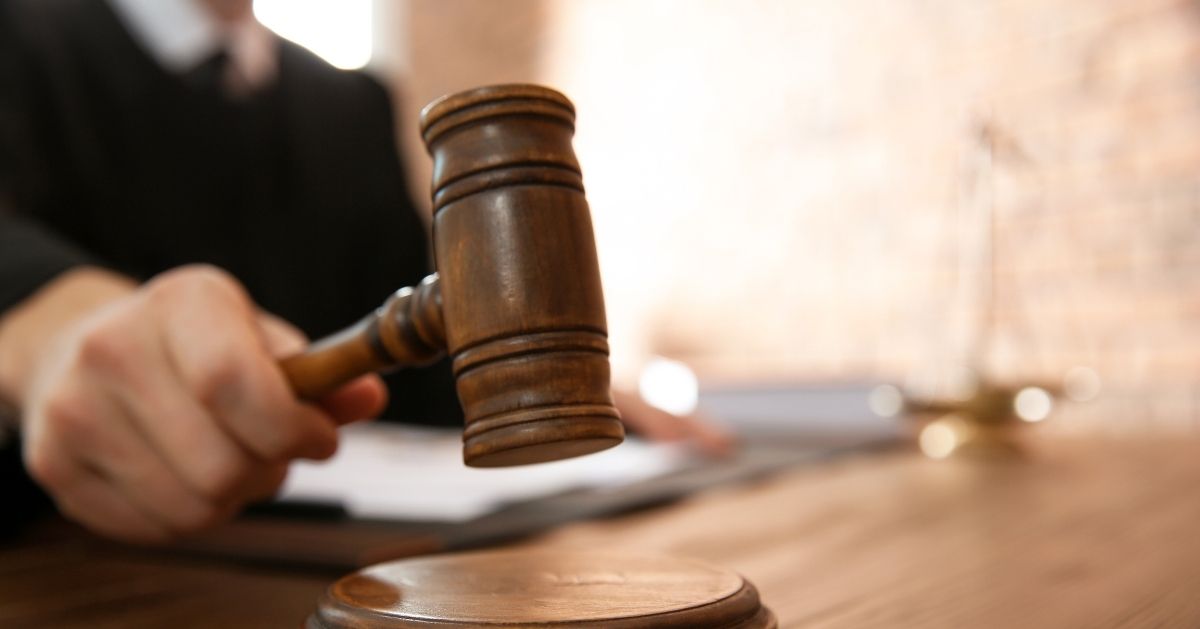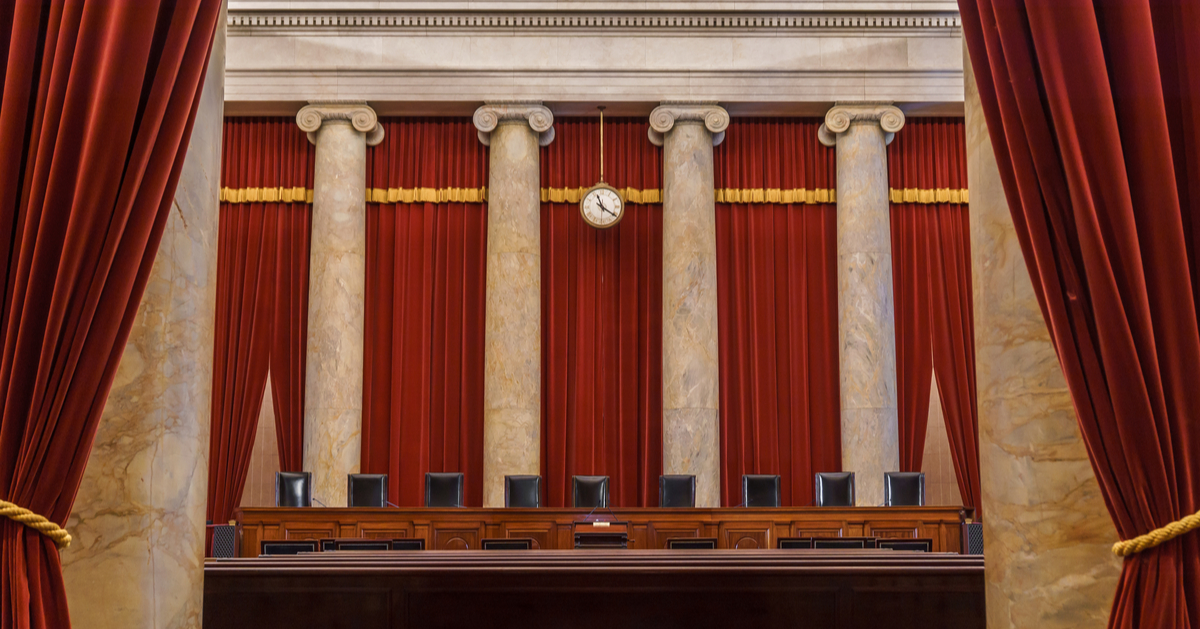Supreme Court ruling in different case could affect Jack Smith's January 6 prosecution
A ruling in a different case against a January 6 defendant could have major ramifications for Special Prosecutor Jack Smith's case against former President Donald Trump.
Joseph W. Fischer v. United States argues that the law 18 U.S.C. § 1512 is being misapplied to charge January 6 defendants.
The law reads that force or threats of force with the "intent" to obstruct an official proceeding is punishable.
If the Supreme Court decides that the evidence doesn't prove that January 6 defendants had the "intent" to stop the vote certification, it could thrown a big monkey wrench into Smith's proceedings.
Big upheaval
The same charge has been used against hundreds of January 6 defendants, and if the Supreme Court strikes it down after arguments are heard on April 16, it could upend not just Smith's case against Trump, but all of those cases as well.
Even just the threat of violence that intends to obstruct an official proceeding can get the defendant up to 20 years in jail, so overturning the ruling would greatly reduce many prison sentences currently underway or that will be sentenced in the near future.
And if none of these defendants are found to have the necessary intent to obstruct an official proceeding, will that also apply to Trump?
While he might have intended to send people into the Capitol to obstruct the vote certification, he also might have just been throwing a temper tantrum.
Proving intent
Proving intent will not be easy, and that is the standard set by the law.
Did Trump make comments to foment enough rage to get his supporters to storm the Capitol, and once they were there, were they thinking their actions would obstruct the electoral vote certification?
The same cameras all over the place that made it easy to identify and arrest those who breached the Capitol could have also captured footage to show whether those who breached the Capitol had the intent that this law requires.
Dave Aronberg, a Florida state attorney and legal expert, said that he thinks the ruling will go Smith's way, based on previous Supreme Court rulings.
"We will, of course, argue for a narrow construction of Section 1512(c)(2) consistent with its language and Congress' expressed purpose in enacting it," Fritz Ulrich, a federal public defender representing Fischer, told Newsweek via email on Friday.
The case against Trump may hang in the balance of this case, and right now anything could happen.






